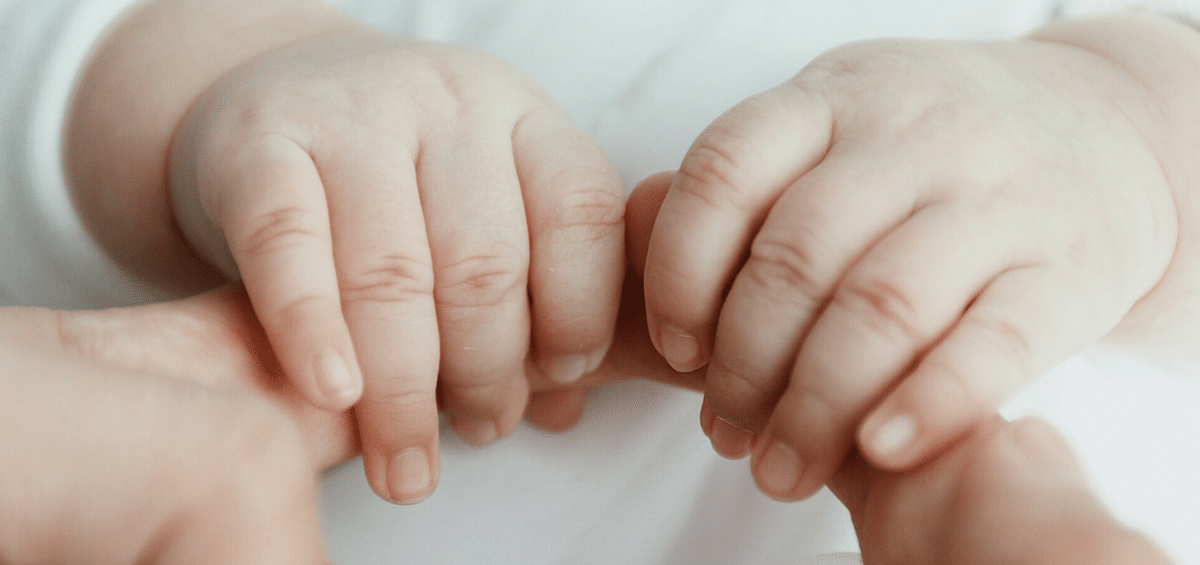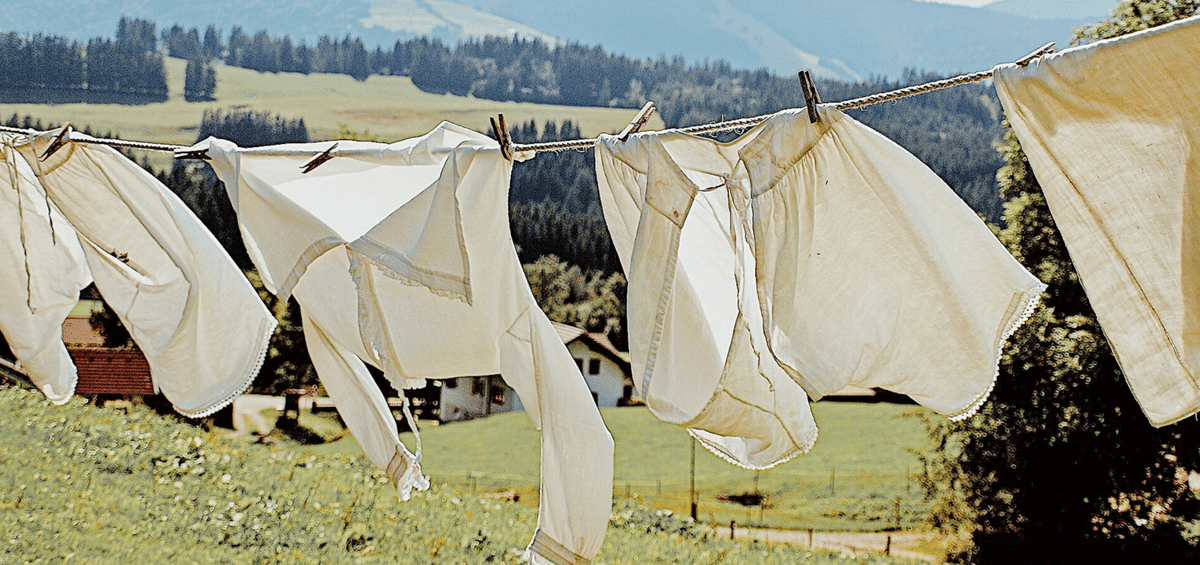Earth Day is coming up and it’s time to reaccess your lifestyle and discover what easy things you can do every day to help the Earth!
It is so easy to get caught up in the craziness of daily life and forget that every choice we make is impacting the Earth in some way. Many of the everyday conveniences we are all so addicted to can have a negative impact on the health of our planet.
Day in and day out many of us choose to take the quickest, simplest route because it’s easier. We use plastic water bottles because they are easier and quicker than taking the time to fill a reusable bottle. We use paper towels because it’s easier than using a real cloth and having to wash them. We leave electronics and appliances plugged in for far too long. We forget to turn off the lights. The list goes on and on.
We are all guilty of putting convenience first and the health of our planet second. I include myself and my family in that. There is no reason to point fingers or feel bad about it. We are all just doing what we need to do to get through the day.
However, April 22 is Earth Day! It’s a perfect opportunity and friendly reminder to take a moment to think about our planet first. It’s a wonderful time to take an honest look at how we are contributing to the health of our planet, good or bad, and make the decision to try to do better.
The Earth Day website has a list of 52 tips on how we can help protect the planet and be a little greener. I went through them all and put together a list of 8 easy things you can do every day to help the Earth and tips on how to do them! These are small changes you can make every day that adds up to make a huge difference.
Learn 8 easy things you can do every day to help the Earth below!
1. Use environmentally-friendly, non-toxic cleaning products.
Conventional cleaning products can negatively impact the environment, because they are usually made from non-biodegradable materials, contain hazardous chemicals, and use non-renewable resources. Eco-Friendly, non-toxic cleaning products are far better for not only the planet’s health but your family’s health as well.
When looking for Earth-friendly cleaning products always do your research. Make sure they are made by a sustainable manufacturer and contain naturally derived ingredients. They should not contain any toxic chemicals.
Here are some easy tips on how to use non-toxic cleaning products in your home:
- Make your own! Visit my Pinterest board to find dozens of recipes for DIY all-natural non-toxic cleaning products you can make yourself.
- Buy your cleaning products at a health food store or on a website like Thrive Market. They usually carry the more eco-conscious natural brands. My favorite natural cleaning brand is Branch Basics.
2. Carpool, ride your bike, use public transportation or drive an electric or hybrid car.
According to the Earth Day website, you can reduce your carbon footprint by one pound for every mile you do not drive. Not driving is not really an option for many people. Also, not everyone can get a new hybrid or electric car. If you can, then all the power to you! But for the average family, it just means making the extra effort every day to do something to reduce the miles you drive in your car. All of those little choices will add up.
Here are some easy tips for reducing the miles your drive in your car:
- Next time you need to go somewhere within walking distance you can walk or ride your bike there.
- Check for a carpool program at your work or school. Or just ask a colleague or fellow student if they want to carpool a couple of days a week.
- If you have good public transportation in your area, take it every once and a while.
3. Stop using disposable plastics, especially single-use plastics like bottles, bags, straws, and mugs.
One of the biggest changes you can make to help our planet is to stop using single-use plastics. That means plastic bottles, bags, straws, and anything plastic that you use once and throw away. The amount of damage we’ve done to our planet by using plastic is immense and incredibly devastating.
Did you know that it takes over 450 years for a plastic bottle to break down into microplastic? That’s insane! It also takes around 20 years for a plastic bag to break down into microplastic, which are basically tiny chemicals releasing toxic particles. We are polluting the Earth and our oceans with every water bottle or plastic bag we throw into the trash. The best way we can do our part and not contribute further to the problem is to use reusable products.
Here are some easy tips for eliminating plastic from your daily life:
- Stop buying plastic water bottles and use reusable bottles instead. You can refill them using the purified water from your refrigerator, buy a water purifier for your faucet, or buy a water purifier in pitcher or jug form.
- Don’t use plastic tops and straws at restaurants. If you are taking your food to go, consider using your own reusable cup or bottle. You can even purchase your own stainless steel or glass straw to use at restaurants.
- Bring your own reusable bags when you go shopping. You can buy a reusable bag like this and then you can wash it when needed!
- Buy boxes instead of bottles. From laundry detergent to juice, buy the boxed versions of products when you have the opportunity.
- Use a reusable thermos when you go to coffee shops
- Use a razor with replaceable blades instead of disposable ones.
- Make your own juice with a fresh juice squeezer! It’s fun, healthier, and eliminates the plastic jug.
Visit greeneducationfoundation.org for more useful tips on how to limit your use of plastic!
4. Recycle paper, plastic, and glass.
By recycling and reducing your garbage by 10% you can reduce your carbon footprint by 1,200 pounds a year! Because recycling is something you have to consciously think about, we don’t do it as often as we should. So the trick to recycling is making it easy and convenient.
Here are some easy tips for recycling in your household:
- Print out these recycling guides and put them on your refrigerator or in their proper locations.
- Build or create a recycling center to correctly sort your recyclables. The Family Handy Man has instructions to build an awesome one in your garage.
- When away from home, always looks for a recycling bin instead of just throwing everything in the trash.
5. Stop using paper products or limit your use of them.
There are two ways that paper products are hurting the earth: deforestation and paper pollution.
If you are unaware of what deforestation is, it’s the action of clearing a wide area of trees. As a tree lover myself, the thought that 93% of our paper comes from the destruction of trees makes me so sad. Not to mention that every tree produces enough oxygen for 3 people to breathe and we are tearing more down every day!
According to this website: “Pulp and paper is the 3rd largest industrial polluter of air, water, and soil. Chlorine-based bleaches are used during production which results in toxic materials being released into our water, air, and soil. When paper rots, it emits methane gas which is 25 times more toxic than CO2.” That is so scary!
Here are some easy tips to help limit your use of paper products:
- Limit your use of paper napkins, paper towels, and tissues. Used paper products cannot be recycled.
- Read documents online instead of printing them.
- When you need to use paper products, make sure it’s 100% post-consumer recycled paper.
- Switch all your bills to be paperless.
- Use the reusable filter that comes with your coffee maker instead of buying disposable ones.
- If you do use paper products, make sure they can be recycled. Recycling 1 ton of paper saves around 682.5 gallons of oil, 26,500 liters of water, and 17 trees!
6. Make changes to your diet and the food you buy.
According to scientists, up to 30% of greenhouse gas emissions come from food production including growing crops, raising livestock, fishing, and transporting all that food to our plates. By making changes to our diets and the way we buy food, we can help limit greenhouse gas emissions as well as improve our health. Basically, it’s a win-win situation!
Here are some easy tips for making positive changes to your diet:
- Buy local food to reduce the distance from farm to fork.
- Buy straight from the farm, frequent your local farmers’ market, or join a local food co-op.
- Buy organic food to keep your body and the environment free of toxic pesticides.
- Reduce your meat consumption to curb carbon emissions from the livestock industry.
7. Evaluate and limit your water usage.
There is a multitude of reasons why wasting water negatively impacts the environment. Freshwater is vital for the survival of almost every living species on the planet. However, only 1% of the world’s water is fresh water and is available for consumption.
Ava Mohsenin perfectly explained the massive environmental effects of wasting water:
“Water takes a lot of energy, time, and money to filter and clean so that it’s drinkable. Wasting water or overusing household water means you’re wasting the energy-intensive process of filtration. The many steps of this process—extraction, transportation, filtration, etc.—require non-renewable fossil fuels and as these resources become depleted, their dangerous by-products such as carbon dioxide build-up in the Earth’s atmosphere, contributing to your carbon footprint and the Earth’s rising temperatures.”
When we overuse water at home, we take water from the plants and animals that need it. We cannot forget that as humans, although we feel separated, we are a part of a large eco-system and the choices we make have repercussions on the health and wellness of that system.
Here are some easy tips for limiting your water usage:
- Take a shorter shower and use a water-saving showerhead.
- Turn off the water while brushing your teeth or shaving.
- Run your dishwasher only when it’s full.
- Conserve water outdoors by only watering your lawn in the early morning or late at night.
- Wash your clothes only when necessary and do larger loads.
- Rinse vegetables in a full sink or pan of water
- Rinse dishes in a full sink or pan of water
- Use a bucket instead of a hose to wash your car
8. Conserve energy as much as you possibly can.
We should all know by now that the amount of electricity we use affects the health of our environment. Put simply, the power plants that provide us with our electricity burn coal, oil, and fossil fuels to generate electricity. Those fuels emit toxic chemicals that contaminate our air, soil, rivers, lakes, and oceans.
According to this article, one of the worst chemicals emitted by power plants is carbon dioxide. Carbon dioxide is the pollutant that causes the greenhouse effect responsible for global warming. The effects of too many greenhouse gases in our atmosphere are rising temperatures, heat waves, drought, higher sea levels, abnormal weather patterns increased intensity of natural disasters, smog, and acid rain.
I am sure most of you already know the science behind global warming. It’s nothing new. However, I feel like sometimes we all need a little reminder of how enormous the consequences of our actions can be. We all need to find a way to use less electricity or there will come a day when we regret not caring enough when we had the chance. I know that the seems dramatic but global warming IS dramatic!
Here are some easy tips for conserving energy:
- Turn off and unplug electronics you’re not using. This includes turning off your computer at night and only plugging your phone in if absolutely necessary.
- Turn off lights when you leave a room.
- Take the stairs instead of the elevator to save energy (and get exercise!).
- Move your heater thermostat down two degrees in winter and up two degrees in the summer to reduce your carbon footprint by 2,000 pounds.
- Use power strips to make it easier to turn multiple things off at once.
- Wash your clothes in cold water and hang them to dry if you have the time.
- Only wash your dishes when the dishwasher is completely full and use the air-dry setting.
- Give your hot water heater a break. Take shorter showers, turn the water off when you shave, brush your teeth, and wash your hands.
- Don’t forget to unplug your small kitchen appliances when you’re not using them, like your toaster and coffee maker.
- You can also think about making bigger changes to make your home more energy-efficient, like changing your light bulbs or buying new energy-efficient appliances.
When we all make small changes, the impact is big.
My mom came up with a great suggestion when I was telling her about writing this post. She said making one change at a time can help keep you from feeling overwhelmed and as a result doing nothing at all!
I would like to challenge every person reading this to take one section of this post and apply it to your life for each of the next 8 months! Start with an easy one, like replacing your cleaning products. Then work your way up to using less water or electricity. And one by one start making better choices for this planet!
If you take on my challenge, comment in the comment section below and let me know what you are starting with!






Leave a Reply